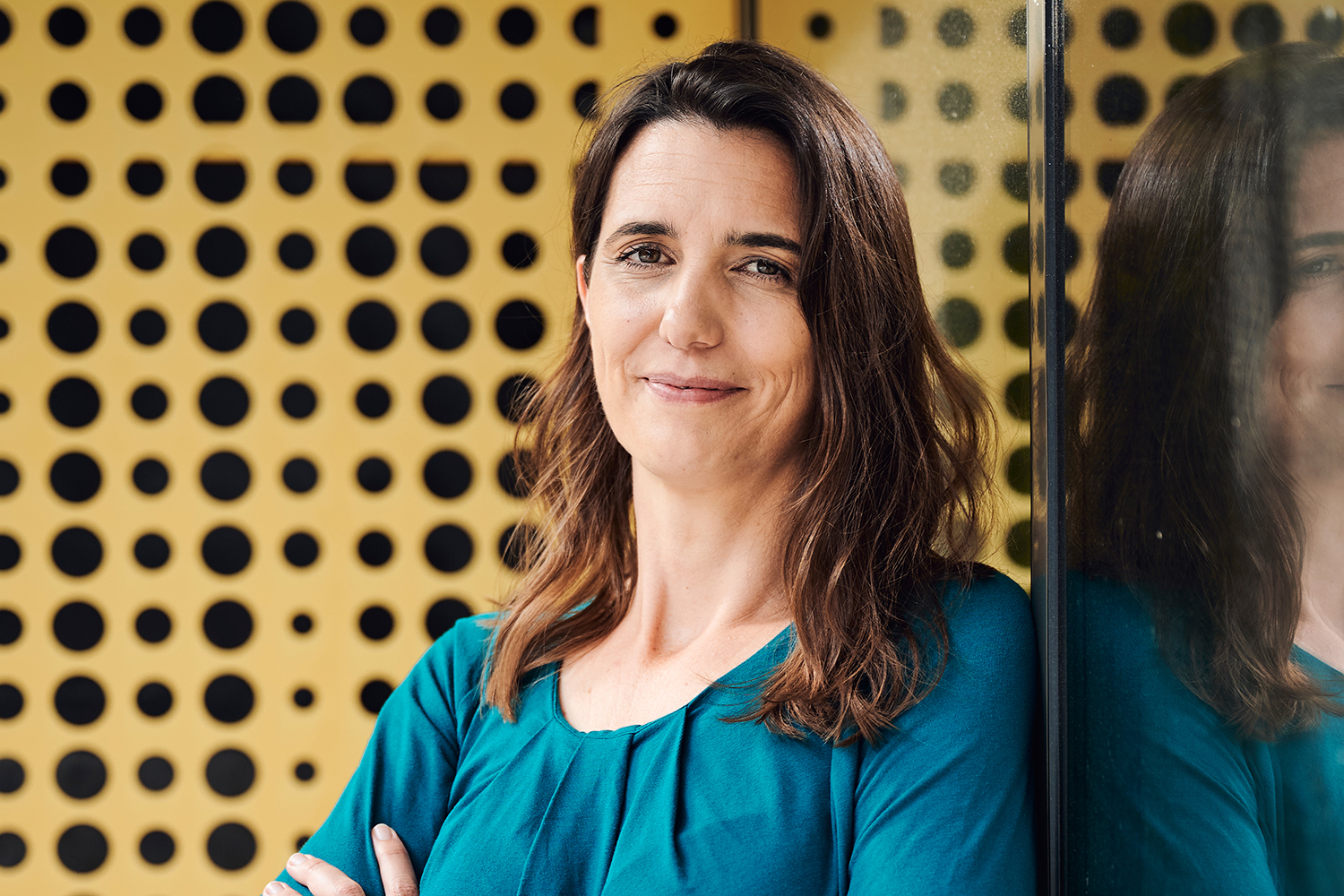Network of Female German Infection Researchers Professor Melanie Brinkmann is in the founding team of Infect-Net
Press release of RWTH Aachen University
Although there are a large number of female virologists, microbiologists and infection researchers who hold leading positions in German universities and research institutes, they are usually not very visible to the public. The lack of perception of women as scientific experts became particularly apparent during the first phase of the COVID19 pandemic – it was mainly male virologists who appeared in the media and positioned themselves as advisors to politicians. Now a network is emerging with Infect-Net, whose founding team includes Professor Melanie Brinkmann from the Institute of Genetics at TU Braunschweig.

Professor Melanie Brinkmann is part of the founding team of Infect-Net. Photo credit: Moritz Küstner
The Federal Ministry of Education and Research is supporting the establishment of a network of female German infection researchers over the next three years as part of the “Innovative Frauen im Fokus” (Innovative Women in the Spotlight) programme. RWTH Professor Gabriele Pradel, Department of Cellular and Applied Infection Biology at the Institute of Biology 2, is responsible for the Infect-Net project. The founding team includes her colleagues Melanie Brinkmann (TU Braunschweig), Petra Dersch (University of Münster), Sandra Ciesek (University Hospital Frankfurt) and Iris Bruchhaus (Bernhard Nocht Institute for Tropical Medicine, Hamburg). A total of 30 female infection researchers have already joined Infect-Net.
The scientists not only want to form a national network, but also to consolidate it by founding an association. The aim is to increase the visibility of women infection researchers and thus strengthen their position as experts in more gender-equitable science communication. In particular, Infect-Net seeks dialogue with society, business and politics in the areas of proactive infection education.
The measures include public relations work, the development of a database of female experts, network meetings, workshops, lecture series and mentoring programmes. In addition, a “Forum Infection” communication platform is to be established, which will serve to evaluate current infection events by representatives of science, industry and society. Infect-Net also wants to point out suitable role models for young female scientists and thus promote their career paths.
The target group for the founding of the association includes female scientists who work at German universities or public research institutions and represent the research field of human infectious diseases. They come from the fields of medical microbiology, infectiology and epidemiology and primarily represent virologists, bacteriologists, parasitologists and immunologists.
